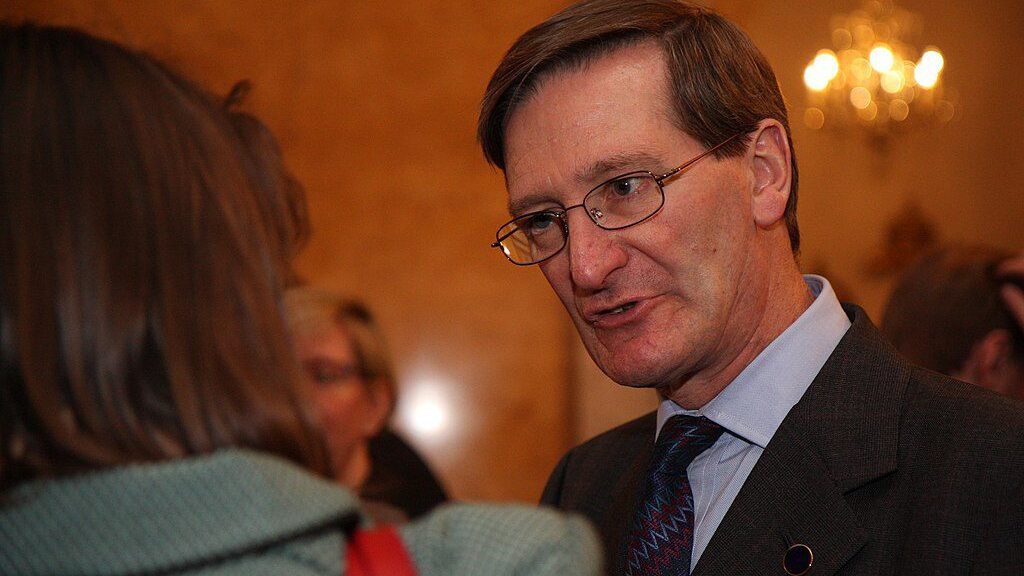
Attorney General Dominic Grieve
Photo: Foreign and Commonwealth Office, CC BY 2.0, via Wikimedia Commons
The assisted suicide bill, which will be voted on following an inadequate five-hour debate on Friday, would breach Britain’s human rights laws, a former—and fairly liberal—attorney-general has warned.
A group of 73 health and legal experts has also issued a new plea for MPs to vote the bill down, arguing it will lead to vulnerable people being coerced into ending their lives prematurely. “To deny this,” they said, “is to ignore the 400,000 cases annually of domestic abuse for older people in England and Wales.”
Dominic Grieve, who was the Conservative government’s top legal advisor between 2010 and 2014, writes in today’s Times that “there are significant European Convention on Human Rights concerns about the bill”—most notably that it “fails” to provide “adequate and appropriate safeguards to protect patients from pressure and abuse.”
Grieve is particularly critical of the fact that “the bill takes a very narrow definition of pressure, which is limited to pressure from another person.”
But, as U.N. experts have noted, people “may feel subtly pressured to end their lives prematurely due to attitudinal barriers as well as the lack of appropriate services and support.” The bill’s narrow definition offers no protection against that.
Health Secretary Wes Streeting has also stressed that the poor state of British palliative care could result in people being “coerced” into ending their lives. Meanwhile, Justice Secretary Shabana Mahmood—the other government official whose department would be most impacted by legalisation—has said that
If it just becomes the norm that at a certain age, or with certain diseases, you are now a bit of a burden … that’s a really dangerous position to be in.
Labour backbencher Kim Leadbeater put the Terminally Ill Adults (End of Life) Bill forward after being “quietly encouraged” to do so—as well-connected journalist Tim Shipman put it in his latest Sunday Times politics newsletter—by Prime Minister Keir Starmer and elements of his team. The fact it was introduced by a backbencher rather than by a government minister means there is less time for deliberation under parliamentary rules.
This has prompted a group of cross-party MPs to try to block the vote from taking place at all. Politico suggests it is a “bit far fetched” to believe Commons Speaker Lindsay Hoyle—whose job it is to manage the more than 100 MPs who want to speak in Friday’s bite-size debate—will allow this attempt to pass.
Further pressure is being applied by campaigners against assisted suicide after philosopher and medical general practitioner Dr. Calum Miller highlighted that the ‘More in Common’ organisation—which has produced widely-reported polling on the practice, likely used to sway politicians—is part-funded by a foundation which believes “many areas of urgent need remain” in “reducing population growth rates.” Dr. Miller described the “shadowy dark money” behind the movement as “one of the most sinister things I’ve ever discovered.”
🚩🚩🚩 Shadowy dark money behind the assisted suicide/euthanasia bill connected to American global population reduction organisations
— Dr. Calum Miller (@DrCalumMiller) November 26, 2024
This is one of the most sinister things I've ever discovered 🧵
One other symptom of the growing unease with the shift in the law was public revulsion at pro-euthanasia group Dignity in Dying buying up advertising space on London public transport, creating a “Death Tunnel” close to Westminster.
